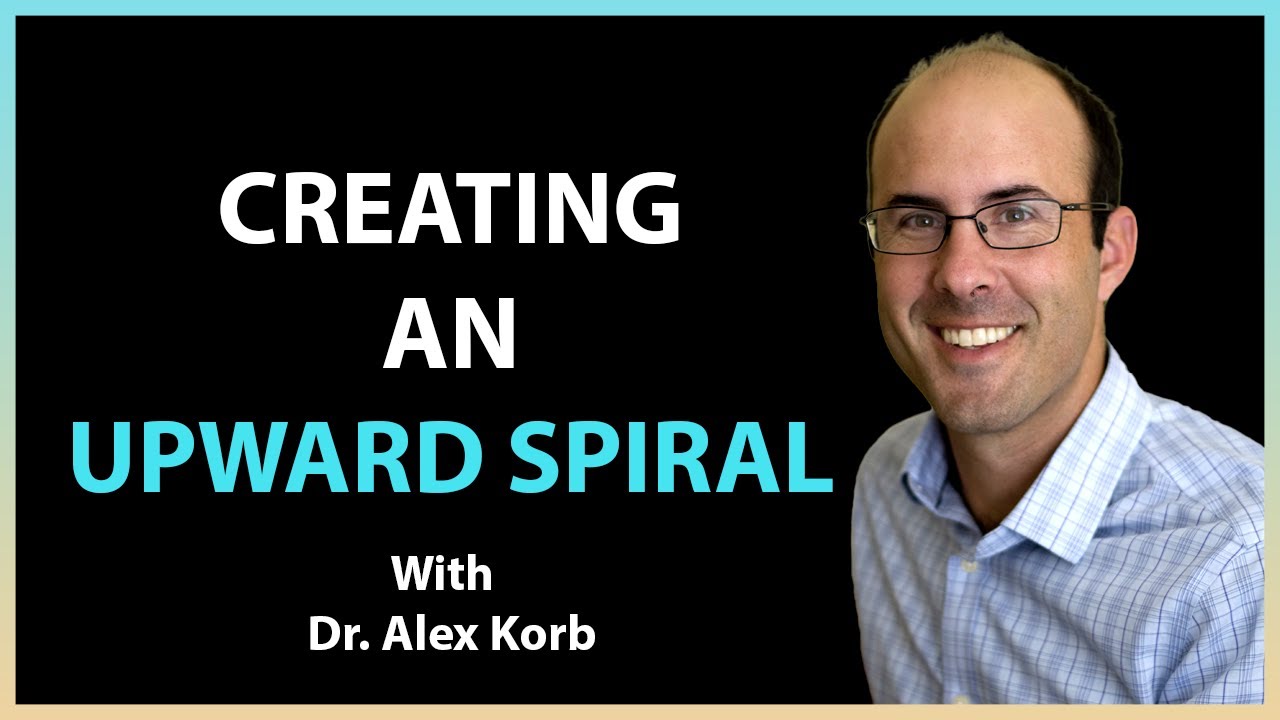
It’s in the darkness of men’s eyes that they get lost – Black Elk
Graduating from law school is both exciting and frightening at the same time. There’s a real itch to put our knowledge into action, to be a bona fide “attorney at law” and to start making some dough instead of spending it on tuition and books. On the other hand, we really don’t know a lot about the application of legal theory to legal combat, may have a heap of debt and pray that our first stab at competency doesn’t land us face first on the courthouse steps.
Beyond all of these pragmatic concerns is the meatier matter of living a life in the law that matters; a life in accord with our inner core of what we truly value in life. As author Studs Turkel once wrote:
“Work is about a daily search for meaning as well as daily bread, for recognition as well as cash, for astonishment rather than torpor, in short for a sort of life, rather than a Monday-to-Friday sort of dying.”
Lawyers, young and old alike, find it difficult to live out their values in the workplace, to search for “meaning as well as daily bread.” There are challenges and compromises, some more difficult than others. For example, we may really value spending time with our family. But as the demands of our career mount, we become untethered from this life-giving sustenance as we spend more and more time toiling at the office.
Andrew Benjamin, Ph.D., J.D., a lead researcher in studies about the mental health of law students and lawyers, concludes that much of the dissatisfaction in the profession comes from a widening gap between the values we truly care about and the things we end up pursuing in in our jobs as lawyers. This takes place over time and its effects are cumulative. Many end up leaving the profession. Or, if they stay, are mired in unhappiness, discontent and can’t see a way out.
Dr. Benjamin found that approximately 20% of lawyers – about twice the national average – aren’t just unhappy; they’re suffering from clinical anxiety or depression. We aren’t talking about everyday stress, sadness, blues or categorical grumpiness. We’re talking rubber to the road clinical anxiety and depression; devastating diseases that cause breakdowns in every area of one’s life. Put in perspective, Benjamin’s studies suggest that a whopping 200,000 of this nation’s 1 million lawyers are struggling – some very badly.
Certainly a gap between our values and the way we live as lawyers doesn’t cause depression. But it’s one of many factors that include a history of depression in one’s family and emotional abuse and/or neglect during one’s formative years that make a person prone to depression.
Lawyers also seem to have a particularly fearsome type of stress overload; a jacked central nervous system fueled by the adversarial nature of the trade. Modern science now knows that there is a powerful connection between chronic and remitting stress and the development of clinical depression. As I wrote in “How Stress and Anxiety Become Depression,” chronic stress and anxiety causes the release of too many fight-or-flight hormones such as cortisol which damages areas of the brain that have been implicated in depression: the hippocampus (involved in learning and memory) and the amygdala (involved in how we perceive fear).
The point of all this sobering news isn’t to rain on anyone’s parade. Law can and should be a noble calling and a satisfying way to make a living. Rather, these warnings are meant to impart some thorny wisdom: living out your values and dreams are just as important as – to quote my brother Wally’s favorite expression, “carving out a living”. Or, as Studs Terkel earlier surmised: “. . . to have a sort of life, rather than a Monday-to-Friday sort of dying.”
It’s scary when you sense that you’ve wasted a lot of time doing a type of law – or law at all – that fails to connect with your deeper values. Part of the fear is driven by the growing sense as we age that we don’t have forever – we are finite beings. When we don’t know the way, can’t find path to move our outer life closer to our inner life, we can experience a sort of existential terror. We may be sitting in a classroom, at court or just wandering downtown during our lunch break and a visceral sense that we yearn for something else will hit us. How many of us quickly dismiss such thoughts as minor meanderings that aren’t worth our time. But, these thoughts may keep coming. Listen to them. If we don’t, we may risk greater peril.
Gregg Levoy, author of Callings: Finding and Following an Authentic Life, talks about the dangers of not following the murmurs coming from within us all:
“Of course, most people won’t follow a calling until the fear of doing so is finally exceeded by the pain of not doing so – pain that we appear to have an appalling high threshold for. Eventually the prospect of emotional and financial turmoil, the disapproval of others and the various conniptions of change, can begin to seem preferable to the psychological death you are experiencing by staying put. Those who refuse their passions and purposes in life, though, who are afraid of becoming what they perhaps already are – unhappy – won’t of course experience the unrest (or the joy) that usually accompanies the embrace of a calling. Having attempted nothing, they haven’t failed, and they console themselves that if none of their dreams come true then at least neither will their nightmares.”
So remember your values and where they are trying to lead you. That’s realistic. Our values are not set in granite; they can and will change over time. Yet the only tuning fork you will ultimately have is trying to build a solid bridge between who you really are and what you are in the real world. We can and will hit choppy waters as we sail our ships in our careers. There will be many temptations – money, power. This story has been played out for millennia. As you go through your career, watch the currents and stir your ship bravely, with integrity and passion.
As Apple founder Steve Jobs wrote:
“Your time is limited, so don’t waste it living someone else’s life. Don’t be trapped by dogma – which is living with the results of other people’s thinking. Don’t let the noise of other’s grievances drown out your own inner voice; and most important, have the courage to follow your heart and intuition. They somehow already know what you truly want to become. Everything else is secondary.”











